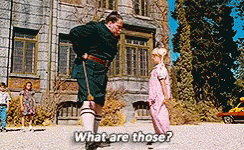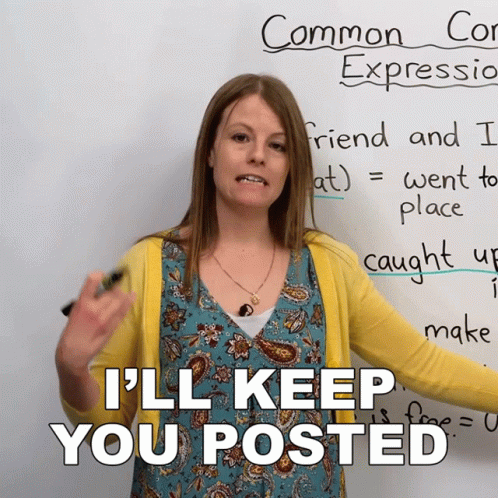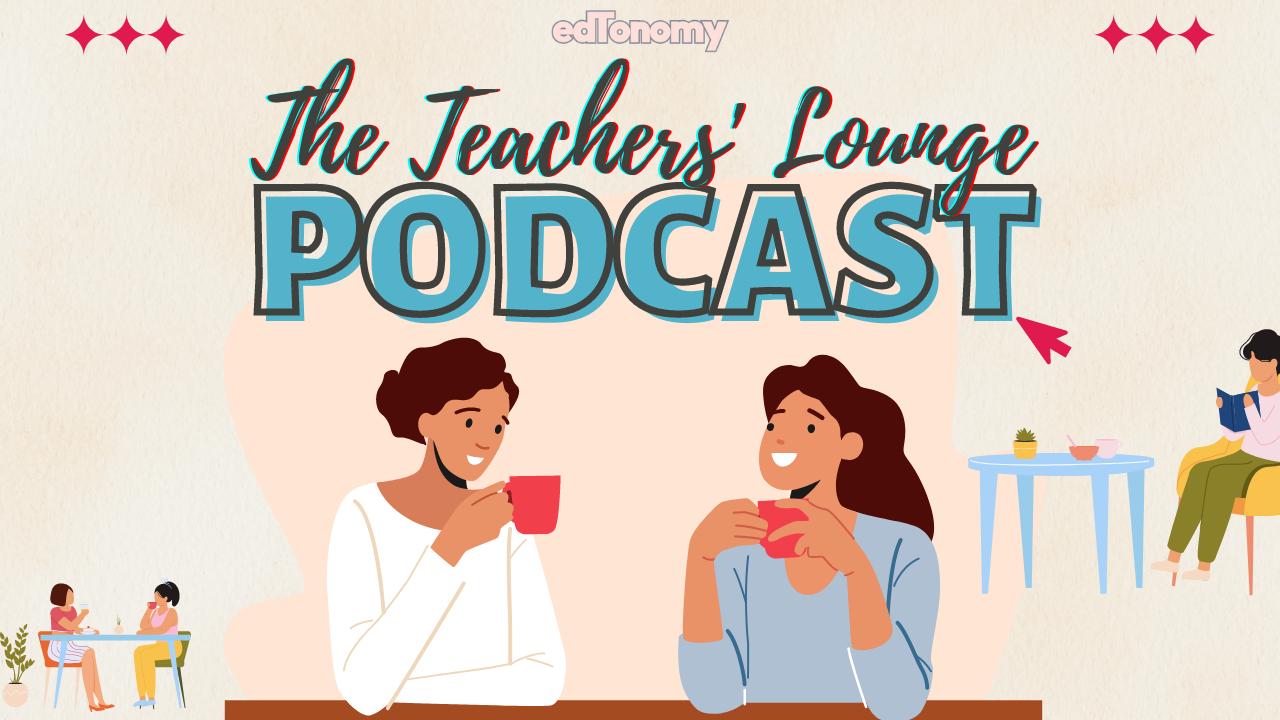Ask a doctor where she doctors, and - regardless her place of professional practice - you still see a doctor.
Ask a mechanic where he repairs vehicles, and whether he spends his days under the hood at a dealership or his home garage - he is still a mechanic, nonetheless.
But ask a teacher where she teaches, and depending on her reply, you’ll likely weigh her role, scale it more or less.

There’s the quintessential teacher - a Ms. Honey type - you might find tucked away in a classroom, beyond a hallway bulletin board bordered by chevron, or bold primary colors that bring bright into your neighborhood school. Maybe she’s in a cardigan, clean cut and warm.
Maybe not.

Maybe you prefer salt on your wounds, and so your mind drums up a Ms. Trunchbull: a too-tight bun with a neck spilling from her buttoned trench, her shoulders militant while she lectures on gerunds, her back facing a barren desk—its worn wood the only soulful piece in a room left to bear its cold tones, its tired shades, its true gloom.
When a teacher says she’s a teacher, what question comes next? Maybe: Where do you teach? or What grade?

For me, I prefer ambiguity. I teach in Florida–Tampa Bay. I teach reading. I work with students who benefit from additional supports. Students with learning or reading disabilities. English Language Learners. K-12.
It’s hard to explain to education-outsiders that you teach “beyond.” Even some who are teachers themselves will look at me with questions in their eyes. Not that I’m offended or can blame them. I’m just over having to explain myself while wrestling with the unspoken rules that make teaching outside of the brick and mortar taboo.
I will tell you, though, what really gets me going: All the things–the resources, the professional development, the apps, the training courses, the grants–that keep us nontraditional teachers at a distance; barred from entry because we don’t teach at a school listed on the dropdown menu.
What that means is in order to pursue professional development, I have to go back to school, take courses from an accredited institution of higher education, or pay out of pocket for privately offered training workshops–with each of these options easily running from $7-20K...or more.
I’ll say this: I understand why educators employed at one of the nation’s thousands of public schools have access to a wealth of free resources to support their professional pursuits. But having done my time in various school settings, I’d like to sidebar that, when I was employed in private schools, we benefited from these resources too.
Here’s the thing. What really makes a teacher a teacher in the eyes of the state in which she resides? Her teaching certificate. And, in Florida, what must an educator do to renew that certificate every five years? Demonstrate continued professional development, and furnish proof of that PD by way of CEUs. 120+ points to show you are a teacher and a learner, staying on top of your craft as you develop and implement new skills to drive greater student outcomes.
For a nontraditional teacher, the dialogue around how? to earn these CEUs without sawing off an arm and a leg, and maybe putting an internal organ up for sale, is virtually nonexistent.
In Florida, the most recent state to sign universal school choice into law, this nonexistent dialogue is an issue–and if that’s not clear already, it will be. Very soon.

Flatter me for a moment as I break it down in chunky chunks.
- We have a Teacher Shortage in Florida → Teachers are leaving the traditional brick and mortar for other opportunities
- While teachers seek these new opportunities → Universal School Choice is signed into law
- Universal School Choice is signed into law → Many more families leaving the traditional brick and mortar
- More families leaving the traditional brick and mortar → More families seeking nontraditional learning spaces and education opportunities for their children
- New scholarships are now offered for nontraditional education options → Families receive funding for their children's education beyond the school system
- Families seek specialists to support their children's nontraditional learning → Teachers are providing their services privately and earning a living doing so
Here is where two worlds collide: Teachers + Families

Both teachers and families are now seeking opportunities to teach and learn and collaborate in nontraditional education spaces, and–regardless of the taboo, stereotype, or political dialogue surrounding the Sunshine State, especially right now–Florida is a state that allows a space like this to exist and thrive. But what does a state need in order for nontraditional teaching and learning to bloom? What allows anything--beyond, of course, the natural world--to prosper?
Funding.
And thanks to tax-credit vouchers and funding organizations like Step Up for Students, that funding is available and accessible to families, regardless of income, ability, or performance on standardized measures of progress.
But think closely about this now. Funding organizations rely on a network of providers to offer services to families seeking them beyond the school system. Yet, many services require providers to be certified teachers with valid Florida state teacher licenses.
That’s great. I get that, and I’m with ya.
I’m just concerned about the nonexistent dialogue we chatted about earlier ^
How will those teachers, leaving the classroom in droves, to teach beyond the traditional classroom, maintain their teaching credentials while they are simultaneously barred from virtually all opportunities for professional development reserved only for teachers employed at public or private institutions recognized as institutions by the Florida Department of Education?
Seems to me, in 3-5 years, when the current wave of teachers leaving the classroom have to renew their teacher certifications, we’ve got a mini crisis on our hands.

This is weird for me, because I usually don’t leave any lesson, conversation, or room with a negative balance. I try to always wrap things up in a bow, highlighting what’s been good or considering a resolution. But in this case, I don’t yet have one. I’m working on it though.

If the teacher certification paradox is also poking holes in your sleeping regiment and waking you up at night, we hear you.
We’re knocking on doors, asking questions, bringing up the concern to those who’ll listen and maybe have it in their power to work through implementing a solution.
But we need YOU to come along and help us shape this new space and ensure that nontraditional education not only survives, but thrives. Join the waitlist for our member community here, and become part of the collective voice guiding a new era in education.

Thoughts? Share them in the comments below.
Got a story to tell? We're seeking podcast guests and would love to share your story with our community. Submit your story idea here.







Member discussion